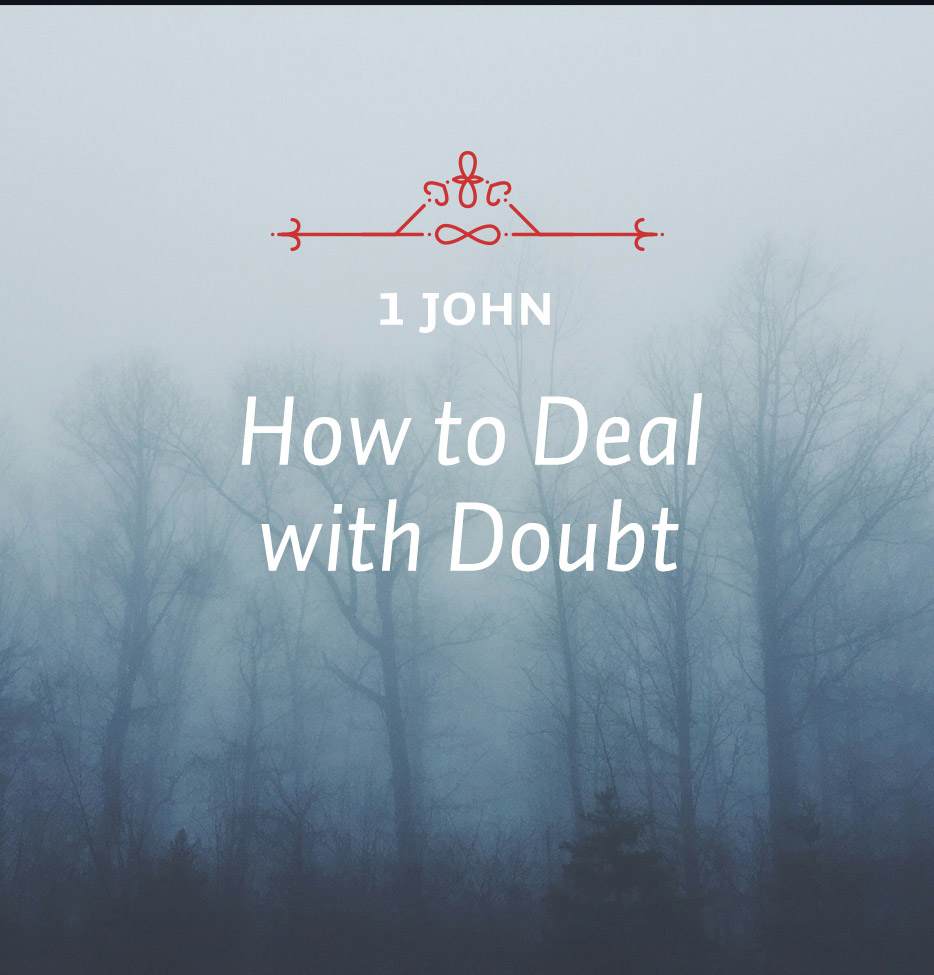John is not inventing any special doctrine at this point. Rather he is only taking at face value what he has learned from Jesus. Jesus had said, “Verily, verily, I say unto you, Whatever ye shall ask the Father in my name, he will give it you. Hitherto have ye asked nothing in my name; ask, and ye shall receive, that your joy may be full” (John 16:23-24). In these verses the phrases “keep his commandments,” “do those things that are pleasing in his sight,” and “ask . . . in my name” point to an attitude in which the will of the one praying is subjected to the will of the Father.
But what are the commandments that one is to fulfill if he is to enjoy the privilege of having all his prayers answered? At this point John must have thought of the rabbis with their many refinements of points of law and have turned from this approach to the simpler and yet much more rigorous approach outlined by Jesus. There is really only one commandment, John answers in verse 23, using the singular of the word. It has two prongs: faith in Christ and love for one another. Here “his commandment” means “the Father’s commandment,” which Jesus reiterated. Jesus said, “This is the work of God, that ye believe on him whom he hath sent” (John 6:29); He called love for God and man the first and second most important summations of the law (Mark 12:28-31). John’s reference to faith involves the full expression “that we should believe on the name of his Son, Jesus Christ,” which means that we are to commit ourselves fully to the Jesus of history who is the very Son of God.
There is a difference in tense between the two words “believe” and “love,” though both are related. “Believe” is an aorist and therefore refers to an act completed in the past. “Love” is a present tense verb which involves a continuing attitude. In linking the words in this precise way, John comes remarkably close to Paul’s classic definition of true religion: “For in Jesus Christ neither circumcision availeth anything, nor uncircumcision, but faith which worketh by love” (Gal. 5:6).
In the last verse of chapter three, John introduces two new ideas into the letter, neither of which has even been suggested up to this time. He mentions the idea of a mutual abiding, of Christ in the Christian and of the Christian in Christ; and he mentions the Holy Spirit, through whom the abiding is effected. Because of the development to come in chapter five, the idea of the witness of the Holy Spirit is the more important of the two new concepts.
In mentioning the Holy Spirit we might think that John is here introducing a new and subjective criterion by which the Christian may assure his heart before God, much as Paul seems to do in Rom. 8:15-16. But this is not the case, for it is not as a subjective witness that the Spirit is mentioned. Rather He is mentioned as the One who manifests Himself objectively in our conduct. He inspires us to confess Jesus as the Christ. He empowers us to live righteously and to love the brethren. This, of course, returns us to the starting point of this chapter; for it reminds us that the cure of doubt is not to be found in some subjective experience, much as that may be lauded and pursued in some quarters, but rather in knowledge. It is to be found in knowledge of the workings of God in our lives and of His verdict of acquittal of sinners through the work of Christ.






